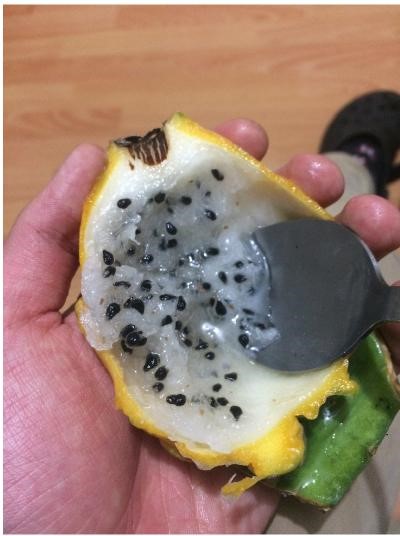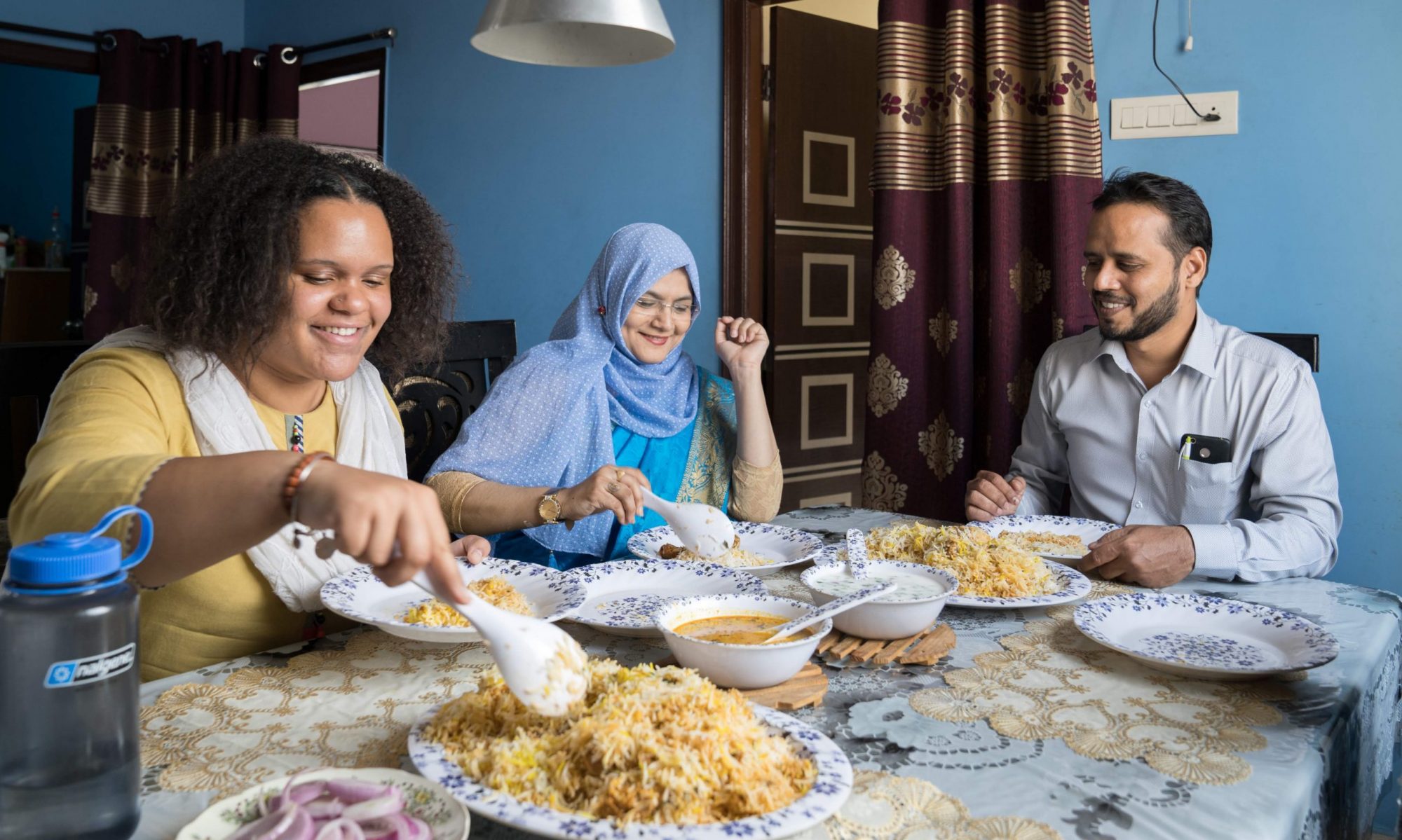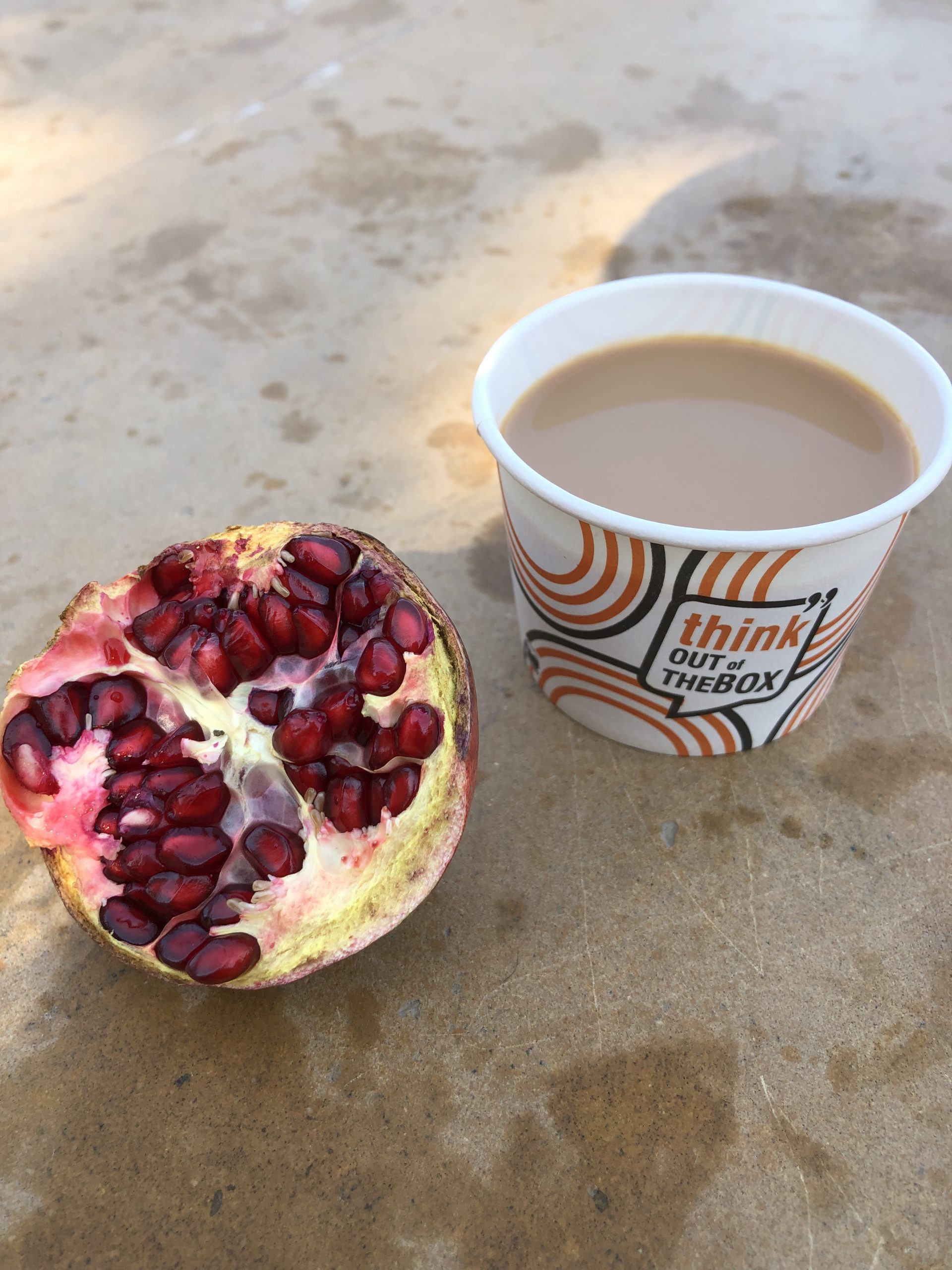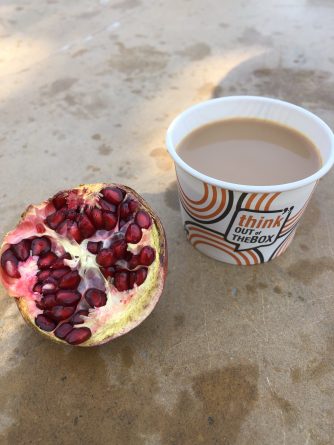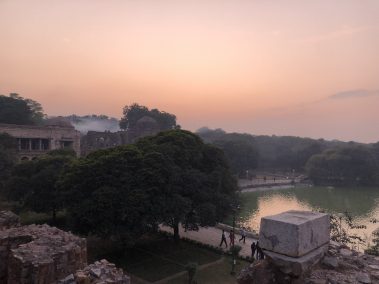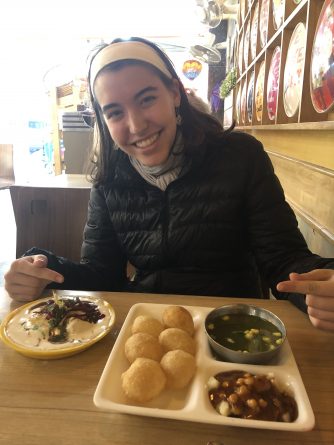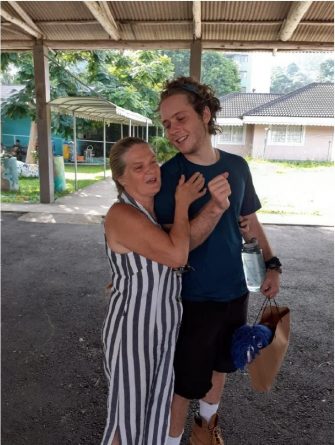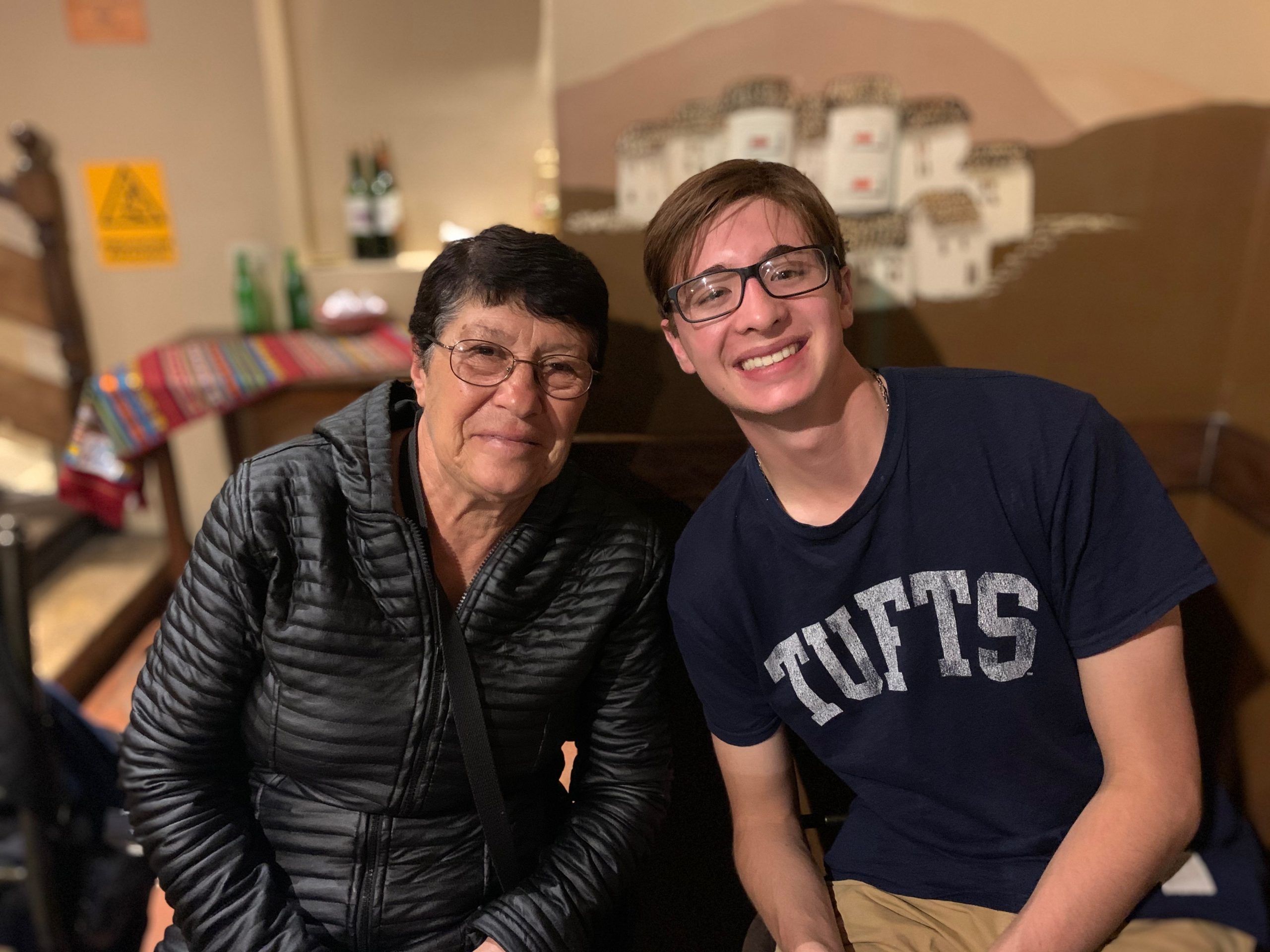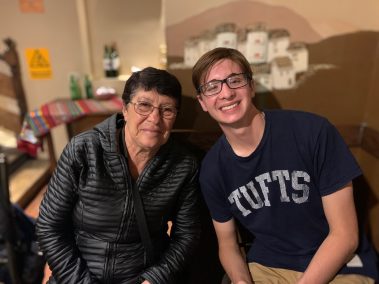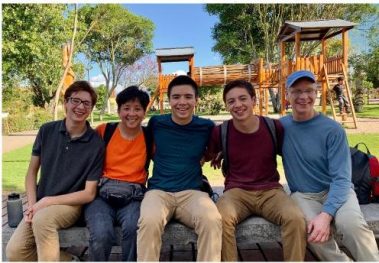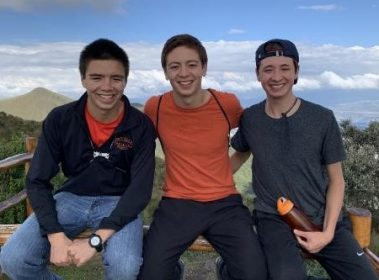by Luke, Tufts 1+4 Participant
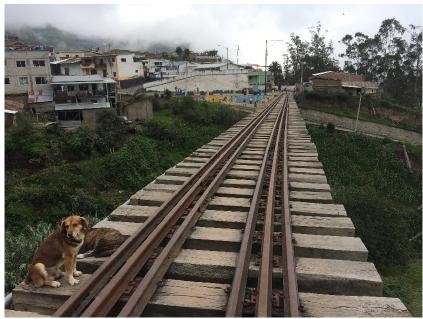
A dirty diaper falls and squishes against my pant leg as I catch it on the way down. Screams pierce through the already chaotic din, demanding attention. A bowl soars through the air, its contents scattering across the floor. It’s just another day at the centro infantil, a daycare center for toddlers.
As part of my internship at Fundación Crea tu Espacio, I work at two different centro infantiles in Cuenca. The Fundación has partnerships with these centro infantiles in part because they serve some families from migrant populations. When I first learned that I would be working with toddlers, I imagined bouncing them on my lap, softly singing them to sleep, watching smiles light up their faces, and playing elaborate games of hide-and-go seek. Obviously, I had little past experience with child care, envisioning an idealistic experience like this. Very soon, I was met with a much more genuine reality.
My first few times at the centros infantiles, I only remember feeling exhausted. Riding the bus back home, snot crusted on my shirt, falling asleep and awakening abruptly every few minutes, I questioned, “How did the teachers do it five days a week, eight hours per day?” I was only there for two days a week, five hours per day and afterwards I always felt like my body had been punched repeatedly and then put through the spin cycle of the washer. So much of me wanted to throw in the towel, to focus on other projects at the Fundación; however, I decided to give it a chance, to see what would become of it.
As the weeks went on, it began to get easier. In no way did I feel any less worn out at the end of each day, but at least I felt more comfortable in the environment. But this new comfort did not come without my fair share of mistakes. One time, I threw a ball way too hard in the playground and watched as it collided with a baby’s head, sending him tumbling to the ground. Another, I was too slow in helping a toddler get to the bathroom and suddenly there was a puddle spreading quickly across the floor. These moments were frustrating, but they also served as platforms for growth and opportunities to learn from the teacher. And, of course, I still make mistakes. But it has gotten easier.
And as the initial stress and fear of failure wore off, I noticed that I was learning a lot—not just tangible skills from the teachers (changing a diaper or feeding methods) but also life lessons from the toddlers themselves. I remember witnessing the playground escapades: the micro-alliances that were formed and immediately forgotten, the wild adventures embarked upon, and the emotions being adopted and shed in the blink of an eye. I felt an overwhelming sense of wonder for these little human beings. There was much to learn from them.
I watched as one boy jumped up and then face-planted in the grass, feeling the soft ground against his skin. He laughed with joy and proceeded to complete this ritual over and over and over again. Two other girls, scolded by the teacher for fighting, were set on a low rock wall to take a break. Within seconds, their grumpy demeanors were replaced with outright fascination as they examined a flower growing in a pot near them. Another boy brought several rocks up to the top of the slide and, with little gasps of amazement, watched as gravity worked wonders to bring them back to the ground, ceasing to be bored even after it was his fifth time.
I found myself feeling envious of these kids, who managed to find
joy in these simple things in life. They were all engrossed in the present
moment, invested in their own narratives, oblivious to the wants of others.
Moreover, they were responsive to their own needs. When they were tired, they
slept. When hungry, they cried. When they needed to use the bathroom, they
vocalized that (or cried!). I thought of all the times in my life when I had
neglected to pay attention to my own needs—especially in high school—getting
insufficient sleep or rushing out the door without taking time to eat.
And yes, I know that life is not as simple when we grow up. But I think that I could learn a lot from these toddlers about being more in touch with myself, living presently, and appreciating the little things.
At the centro infantiles, I am blessed to witness the valuable lessons that younglings teach. From the teachers, I have learned how much time and effort and energy it takes to support children. They are real-life superheroes. Watching them in action has made me realize that a lot went into raising me. I can only say thank you from the bottom of my heart to all those who changed my diapers and fed me and sang me to sleep and held me when I cried and read me books; thank you to all those who loved and challenged and changed me. You are my superheroes.
